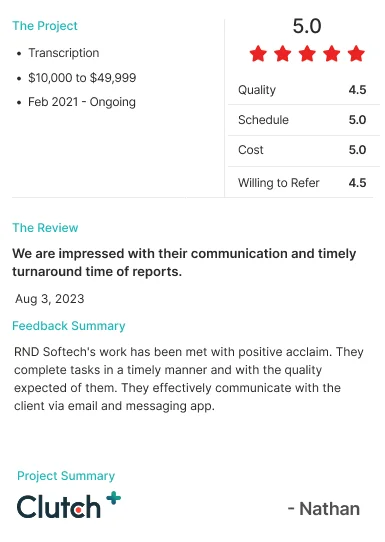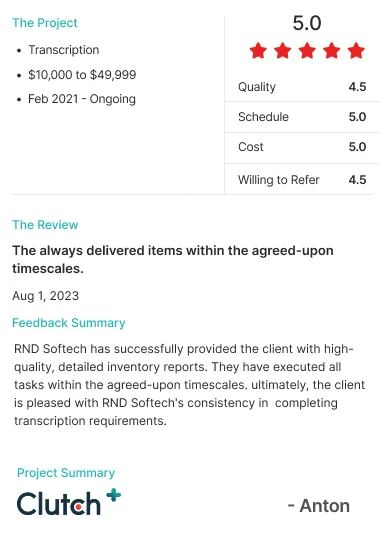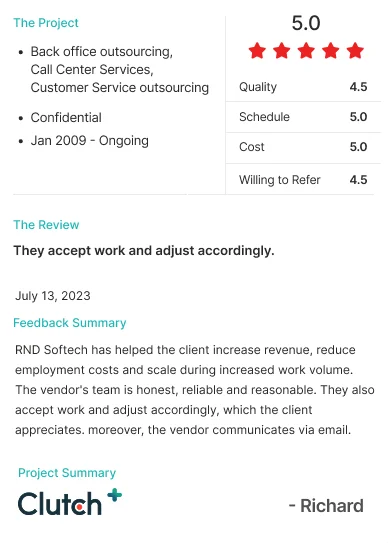Mid-term report
A Mid-Term Report is an academic progress update submitted midway through a course or semester. It provides insights into a student's performance, highlighting strengths and areas needing improvement. This report is a valuable tool for students to gauge their academic standing and for educators to offer guidance or interventions as necessary. It helps foster communication between students, teachers, and parents, promoting a proactive approach to academic success. The mid-tenancy inventory report is crucial in tracking and enhancing overall learning outcomes.
Streamline your property management with our comprehensive services, including mid-term property reports, property inventory updates, and typing services for property records for accurate and efficient record-keeping. From Mid-term inspection documentation to Rental inspection mid-term reports, we've got your property management typing services needs covered, ensuring organized and updated property records. Trust us as your inventory typist for rental properties and benefit from our property report typing services expertise.











.webp)
